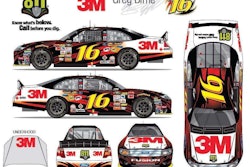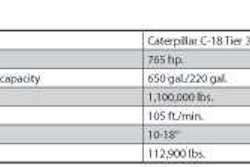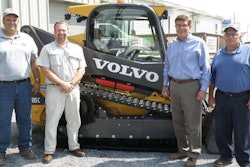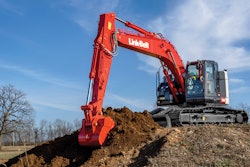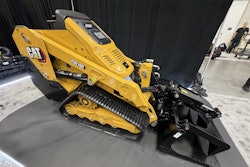The American Concrete Institute (ACI) has released ACI 318-11, “Building Code Requirements for Structural Concrete and Commentary.”
ACI 318-11 is a must-have standard for all concrete design, construction, inspection, repair, and research professionals. It contains the latest code requirements for concrete building design and construction alongside the corresponding commentary, and includes many improvements and changes from the 2008 edition. ACI 318-11 will also be available in Metric and Spanish versions.
“Engineers, architects, contractors, specifiers, building officials, students, and professors all rely on and regularly use ACI 318,” said Ron Burg, executive vice president of the American Concrete Institute. “Members of ACI Committee 318 have volunteered thousands of hours to ensure that necessary updates have been made to this 2011 edition, dedicated to enhancing the safety of concrete structures.”
Following is a summary of key changes in ACI 318-11:
- Design, installation, and inspection requirements for adhesive anchors are now included. Nominal strengths are defined for adhesive anchors in cracked and uncracked concrete and for adhesive anchors subject to sustained loads. The Code includes criteria for overhead installation of adhesive anchors and requires the certification of adhesive anchor installers for certain installations. The seismic requirements for anchoring to concrete have also been revised.
- Reinforcement detailing for seismic applications have been enhanced. These new requirements include reinforcement detailing for distinct segments of special structural wall systems, detailing of horizontal bars at special boundary elements, and tightened confinement details for flexural hinge regions of large beams.
- Test methods ASTM D516 and D4130 are referenced to determine the concentration of dissolved sulfates in water, brackish water, or seawater, and ASTM C1580 is referenced to determine percent sulfate by mass in soil.
- Newly available deformed bar types are integrated into appropriate provisions. Grade 80 deformed bars conforming to ASTM A615 or A706 are allowed for non-seismic applications. Zinc and epoxy dual-coated reinforcing bars per ASTM A1055 are also now recognized.
- Test records for determining standard deviation for a mixture design may now be up to 24 months old. Also, testing agencies performing acceptance testing of concrete are now required to comply with ASTM C1077.
- Detailing requirements for ties for circular columns are more rigorously defined and minimum reinforcement for deep beams have been added.
- Detailing requirements of temperature and shrinkage reinforcement for post-tensioned slabs have been revised.
- Factored load combinations now fully conform to ASCE 7-10.
One significant addition to the 318-11 Code addresses the credentialing of individuals who install adhesive anchors. When adhesive anchors are installed overhead and subject to sustained tension loads, they must be installed by an individual who holds an ACI/CRSI Adhesive Anchor Installer Certification or equivalent. The ACI/CRSI certification program is presently available in several geographic areas with many areas to be added in the coming months. Visit www.ACICertification.com to locate certification programs in your area.
This fall, ACI and the Portland Cement Association (PCA) will offer in-depth seminars to highlight and explain the changes in the 2011 Code. Details of the seminars, including dates, locations, and registration information are available at www.ACI318.org.
All ACI publications, including 318-11, can be ordered by calling 248-848-3800 or online at www.concrete.org.
